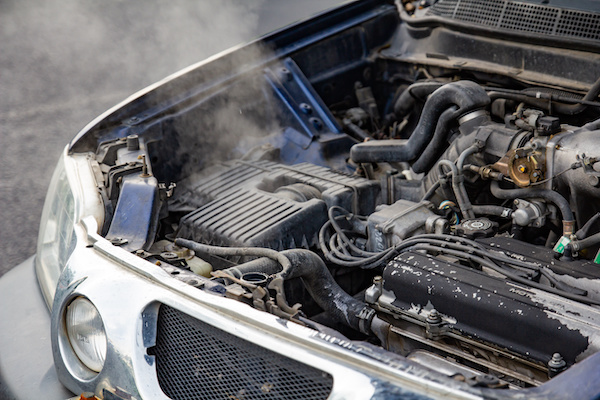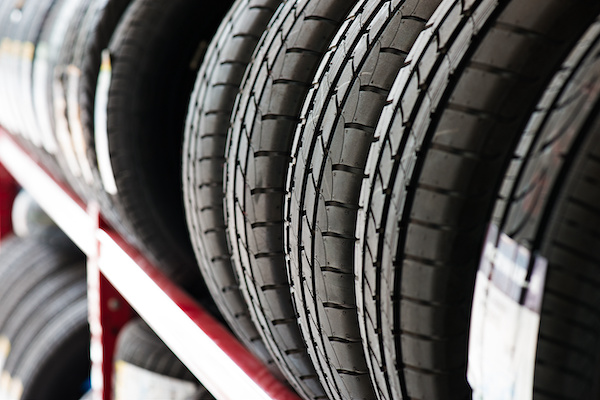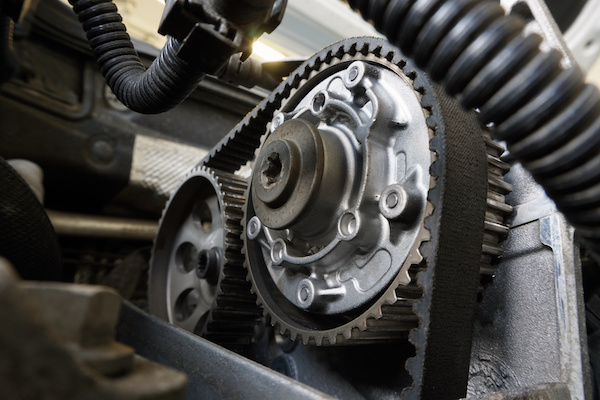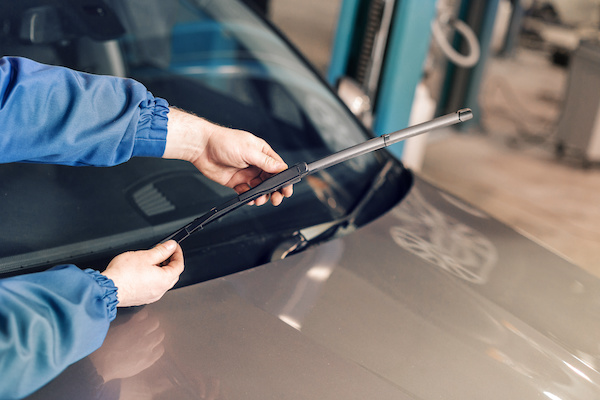Posted on 12/29/2022

Is your car getting overly toasty, and you are not yet halfway through your journey? Don't panic! While this may need expert assistance, there are a few steps you can implement to deal with it in the short term. So, what should you do if your engine overheats? Let's dive in! Why Is My Engine Overheating? Whether you are experiencing this for the first or third time, whenever an engine overheats, the first question that comes to mind is, ‘what caused this?' Engines overheat due to many reasons. For instance, the cooling system could be blocked or leaking, tampering with its efficient functioning. Other causes include a broken water pump, a faulty radiator fan, and a clogged coolant. Things You Should Do When Your Engine Overheats 1. Turn Off the A/C and Turn the Heater On Once you notice your car is overheating, turn off the A/C to minimize the strain on the engine. Then adjust the dial to maximum heat. This will help the engine emit heat t ... read more
Posted on 11/30/2022

Having good, healthy tires is one of the most important things regarding car care. They are the only thing between you and the road, after all. When you drive with worn, damaged, or under-inflated tires, your put yourself and your loved ones at risk of an accident. This is why it is important to get tire maintenance and know when to replace them. Below are several ways to tell if it is time to change your tires. Tread Wear - Your tire treads make up the entire circumference of each tire. They are grooved and create friction with the road surface. After many miles of driving, your tread depth will wear down. If your treads measure less than 2/32” or are wearing irregularly, it is time to change your tires. Otherwise, your vehicle won’t grip the road properly, leading to an increased risk of hydroplaning and losing control. Pressure Changes - If you find yourself constantly having to refill your tires with air, then it may not be a natural fluctuation. You should check all ... read more
Posted on 10/31/2022

Ever wondered what a timing belt is? Timing belts are part of an internal combustion engine that control the rotation of all the moving parts inside the engine. The timing belt ensures that each part of the engine is in perfect sync with each other so that you do not have any problems with it running smoothly or overheating. If you notice any signs that your timing belt has failed or is about to fail, there are a few things that you can do right away: Make sure nothing falls out of place inside the engine compartment when turning over the engine by hand (make sure no bolts are loose or missing). If there is any oil leaking from around where this belt goes through its pulley system (even if just a little), allow some time for this oil leak to stop before taking your car for inspection. What Happens When Your Timing Belt Breaks? When a timing belt breaks, all sorts of things can happen: Your pistons could stop working altogether, which means your car will not move at all. If you are ... read more
Posted on 9/30/2022
.jpeg)
Have you ever got into your car and suddenly it won't start? It's struggling and no matter what, it won't turn on. Is it the battery? Is the alternator? Let's find out why the car won't start. Bad Battery This is the most common reasons the car won't start. If the battery is not in good shape, it won't start, if at all. Sometimes you can see visible bad corrosion and that's definitely a sign to get a brand new battery. Whatever is causing the bad battery, there's a high chance your vehicle will have a hard time starting. So get a battery meter and see if it's indeed the battery. Bad Alternator If the battery is not the cause, it can be the alternator. The alternator is an important part of the car that controls the power in the car. You can tell that your alternator is failing if you hear whining or grinding sounds when you press the gas pedal. Sometimes the headlights will dim if the alternator is going and could be a big reason your car won ... read more
Posted on 8/31/2022

For car owners, regular maintenance is key to keeping their vehicles running smoothly. This includes checking fluid levels, fixing broken parts, and more. If not done regularly, these tasks can lead to costly repairs down the road. By making regular visits to the mechanic, car owners can ensure that their vehicles are running optimally and avoiding any problems in the future. Your car is a valuable machine, and it deserves to be treated as such. What are the Different Types of Automotive Maintenance? There are many different types of automotive maintenance that your car needs. Some examples of automotive maintenance include brake services, tire rotation balancing, checking topping off fluids, and windshield wiper replacement. Some of the most common automotive maintenance tasks that drivers should regularly perform include: - Brake Services: Brake fluid, brake pads, and brake rotors need to be checked and replaced as needed. - Tire Rotations: Tire ... read more